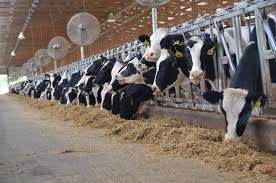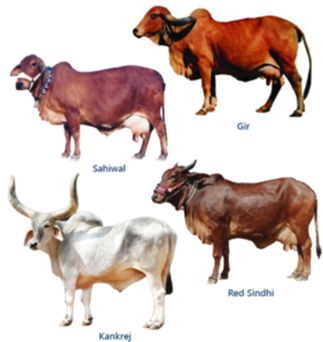Biology > Animal Husbandry > Fisheries and Pisciculture Fishes are rich in protein, vitamins and mineral salts and are also known as valuable protective food. Fish forms an important item of the diet in many parts of the world. The development of fisheries is, therefore, one of the most promising industry. India has a coastline of about 8,129 […]
Fisheries and Pisciculture



